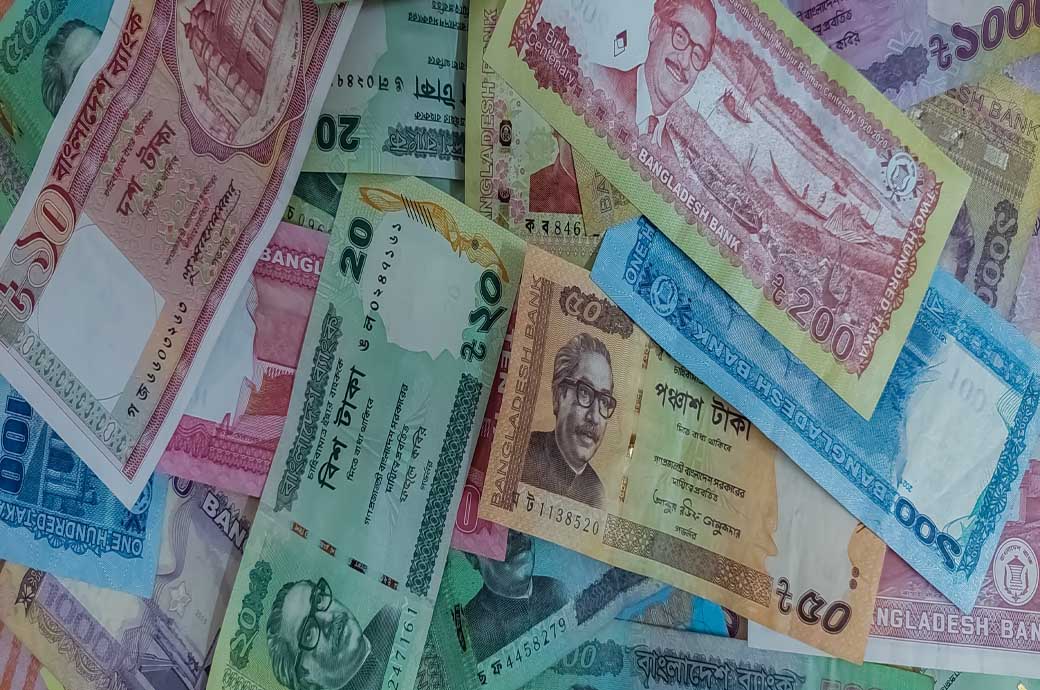
This adjustment aims to align with unofficial exchange rates and restore market stability.
Historically, the exchange rate had been artificially fixed until 2022, leading to a disparity with market trends.
However, as foreign exchange reserves depleted due to higher outflows compared to inflows, the Taka depreciated by approximately 30 per cent over the past two years, yet stability remained elusive.
At a seminar organised by the Bangladesh Institute of Development Studies (BIDS), Monzur Hossain, a research director, attributed the exchange rate crisis to flawed macroeconomic management, including interest rates, inflation, and international reserve handling.
Participants advocated against allowing private associations like the Bangladesh Foreign Exchange Dealers Association (BAFEDA) and the Association of Bankers Bangladesh (ABB) to determine exchange rates, emphasising the need for Bangladesh Bank’s control.
Experts recommended dynamic exchange rate management aligned with the real effective exchange rate (REER) and accommodating monetary policies with interest rate deregulation.
They stressed efficient management of authorised dealer banks for stability and called for revisiting foreign currency sale policies through money exchanges.
Hossain urged stringent enforcement against loan defaulters and money launderers to restore customer confidence, welcoming central bank initiatives for mergers and acquisitions while cautioning against hasty decisions and advocating against loan rescheduling.
Highlighting the financial sector’s challenges, including high non-performing loans and weak regulatory control, Hossain proposed a banking commission comprising experts to oversee reforms.
Regarding future tax policies, Binayak Sen, director general of BIDS, emphasised transitioning from import tariffs to direct taxes, aiming for a tax-to-GDP ratio of 15 to 17 per cent to sustain middle-income status.
The seminar featured planning minister Maj Gen (retd) Abdus Salam as the chief guest and Mashiur Rahman, economic affairs adviser to the Prime Minister, as the special guest, addressing macroeconomic stability and fiscal efforts.
Fibre2Fashion News Desk (DR)